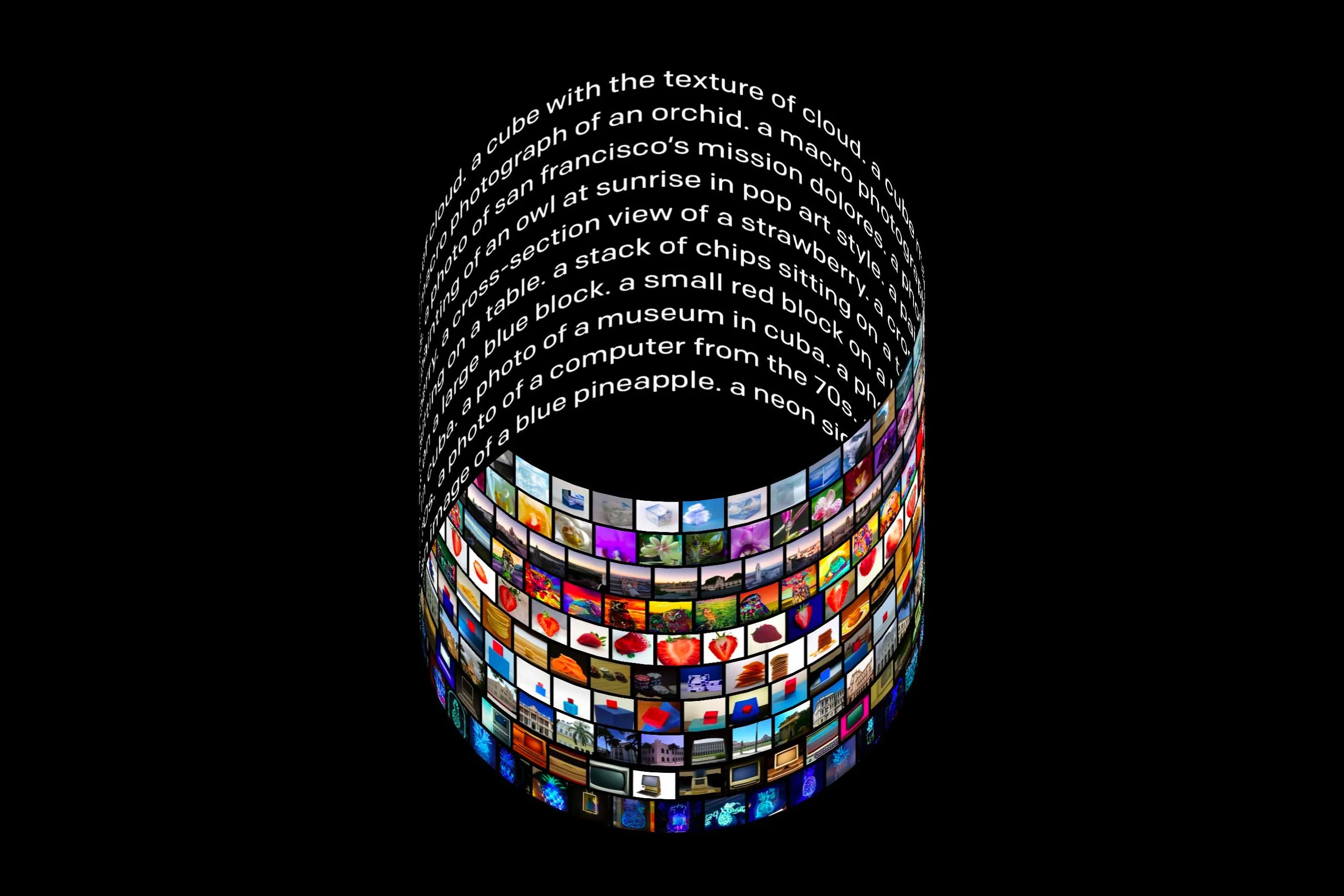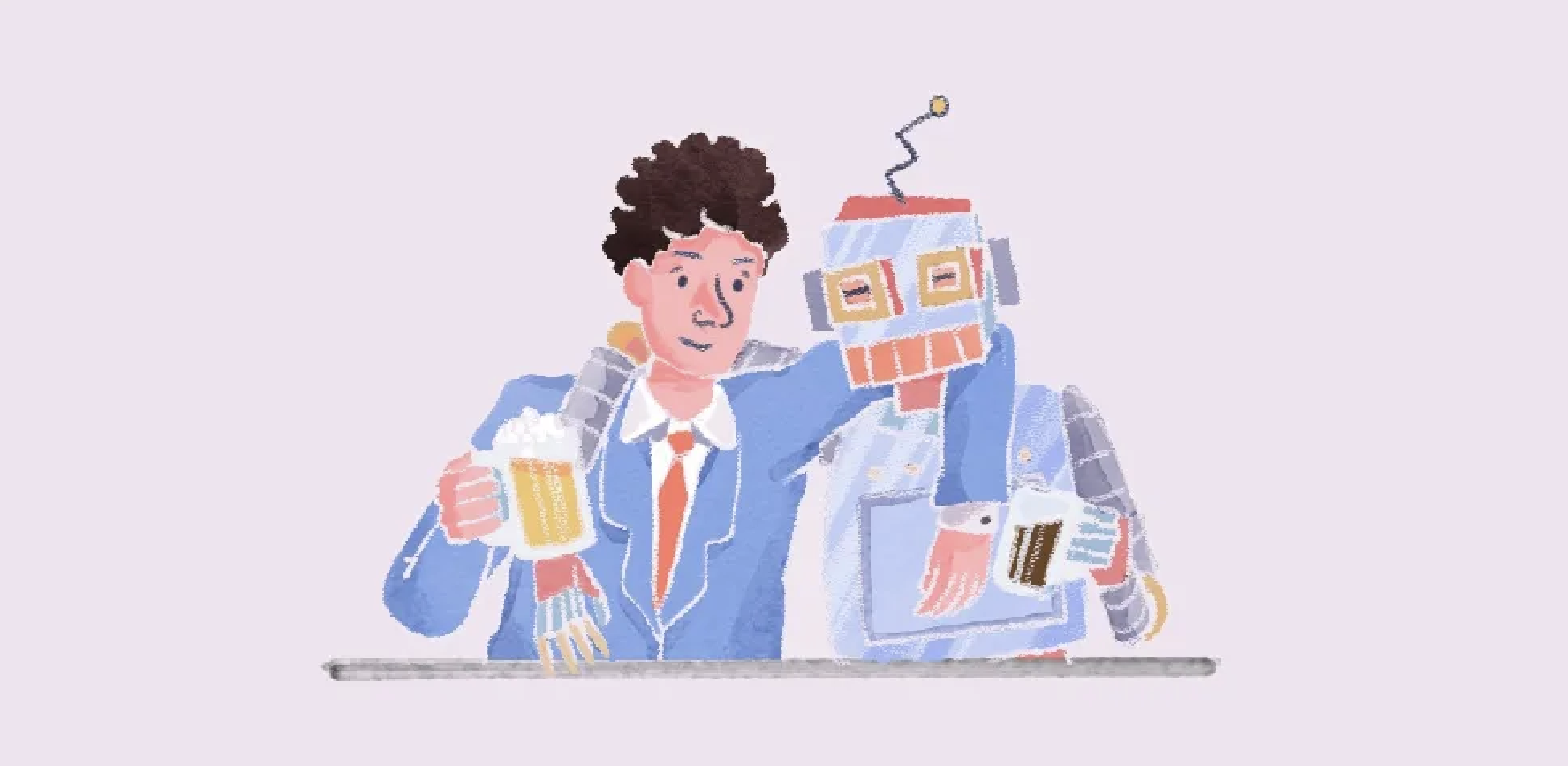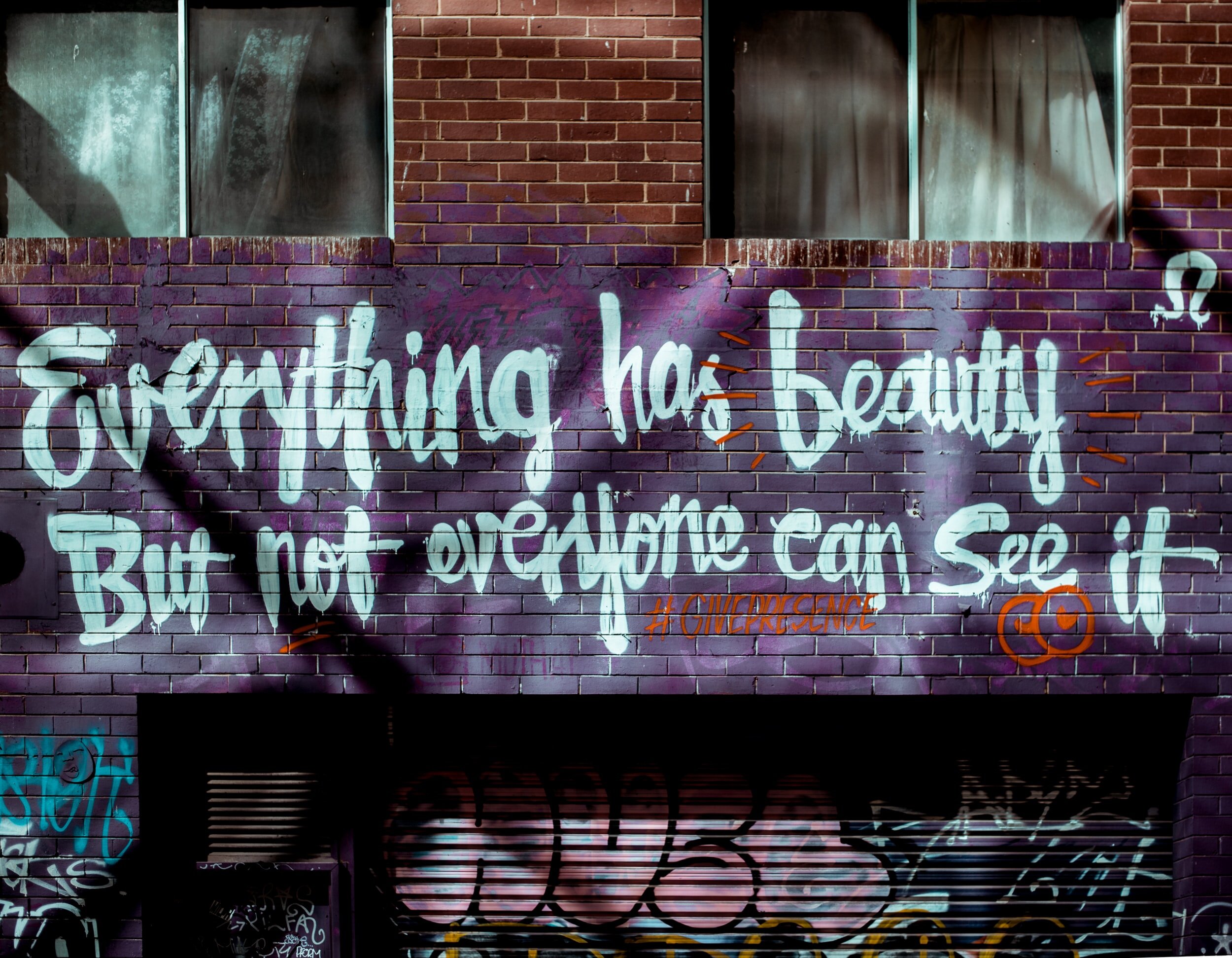Today, AMT Lab presents notable articles written this month that are relevant to the industry.
Three Platforms of Value for Independent Artists
Indie artists have been traditionally excluded from major labels due to their obscurity and improbability of generating revenue, causing difficulty in creating a career. Nowadays, however, independent artists have more power and capacity to survive, even thrive, without the help of a major label. The advent of the internet, streaming, and social media, as well as legislation regulating for rights of independent recording artists, have pivoted the music industry in the 21st century.
Music Piracy Through NFTs: Copyright Infringement in the Age of Blockchain
NFTs, or non-fungible tokens, have gained massive popularity in recent years, touching industries from fashion to video games. NFTs occupy a unique space under copyright law, but are subject to the basic rules other art forms are. The law protecting digital assets, the Digital Millennium Copyright Act (DMCA), was passed in 1998 before NFTs were prevalent. The DMCA allows any artist to request a work be taken down if it is something they have ownership over and did not authorize its publication. This extends to artists with any ownership stake, whether they are a singer-songwriter with sole ownership over a song, or a whole team of writers and producers. While NFTs have the potential to benefit musicians, the music industry has fallen victim to the copyright issues NFTs present. Music industry professionals should understand the vulnerability of their work and consider monitoring NFT marketplaces to get ahead of being victims of copyright infringement.
Crypto: The Good, the Bad, & the Ugly
In recent years, the advancement of cryptocurrencies and blockchain-based technologies has led to increased exploitation from criminals. From “pump and dump” scams to cybercrimes, the rapid rise of digital assets has raised questions about their exploitation by criminals to launder money and commit fraud in untraceable and anonymous ways. Lawmakers and regulators have been trying to figure out ways to combat the threats that the growing sector imposes. On February 17, 2022, the Department of Justice announced its new National Cryptocurrency Enforcement Team (NCET) appointing Eun Young Choi as director. Many argue that the NCET and the FBI’s Virtual Asset Exploitation Unit that launched on February 18, 2022 signals more crackdowns on the crypto industry. As the possibility of regulations looms, what are some of the effects it may bring to the crypto and NFT markets? This article explores what some may look like.
Why Arts Nonprofits Should Care about Big Tech Lawsuits
Antitrust lawsuits in the United States had its historical beginnings with the Carnegie Steel and Standard Oil monopolies. The early 20th century was a time of trust-busting and a battle of government regulation of these industries, which were seemingly impossible to control due to their power through insurmountable wealth and market domination. Then, the 70s and 80s saw the trust busting of the Bell System in the sector of telephones and communication. Now, almost exactly a century after the passing of the antitrust laws and almost a half-century after the most recent conglomerate disaggregation, monopolies adjacent to the industry of telephone and communications run rampant in the United States – and the government is again facing difficulty in quelling their expansive power. This article will analyze three ongoing and one recently closed antitrust cases against Amazon, Apple, Alphabet, and Meta, and suggest effects that the rulings may have on how the nonprofit industry functions.
NFT Showdown: Miramax vs. Tarantino
There is ongoing legal debate around Quentin Tarantino's latest project, an exclusive behind-the-scenes NFT collection based on the 1994 Miramax blockbuster hit "Pulp Fiction," published in December 2021 on Opensea by SCRT Labs. A California lawsuit will determine whether Tarantino's plan is too cavalier, and whether Miramax should receive a cut of the sale. Today’s NFT world is governed by crude and antiquated laws surrounding copyright and trademark ownership. Hopefully this lawsuit establishes new legal boundaries and guidelines for future cases. In the meantime, NFT collectors should stay wary of ambiguous claims and unclear terms.
NFTs Legal Considerations and Implications
In early 2021, the $69M sale of Everydays – The First 100 days, by Beeple, sprung NFTs from a niche but growing section of the digital art world into the mainstream public consciousness. Google searches for NFTs skyrocketed. Saturday Night Live spoofed the rapid sector growth with a parody of Emenim’s “Without Me” entitled “What the Hell’s an NFT.” A 10 second clip of the sketch was subsequently turned into an NFT which sold for $365,000. As pop culture awoke to and embraced this facet of the digital art world, so too has the urgency for artists, museums, and collectors to understand the rapidly evolving legal considerations within the NFT space.
Digital Privacy and Subversive Art
Having a better understanding of domestic legislation regarding digital privacy, as well as the international landscape as it pertains to these issues, can help in managing art that could be characterized as “seditious” or “radical.” It is important to note that surveillance, from both private and governmental entities, is on the rise as are the possibilities of censorship or unconstitutional oversight.
The TikTok Timeline: Is this Rising Video Sharing Platform Running Out of Time?
Deepfake Technology in the Entertainment industry: Potential Limitations and Protections
Deepfake is a merge between 2 terms which are Deep Learning and Fake. It is a technology that includes teaching software to memorize faces, expressions, movements and even voices of a person so that the machine can later project that information onto another person. Despite its common inappropriate use, Deepfake technology can surely benefit the entertainment industry, specifically film production. This comes with further consequences to be considered by various parties.















